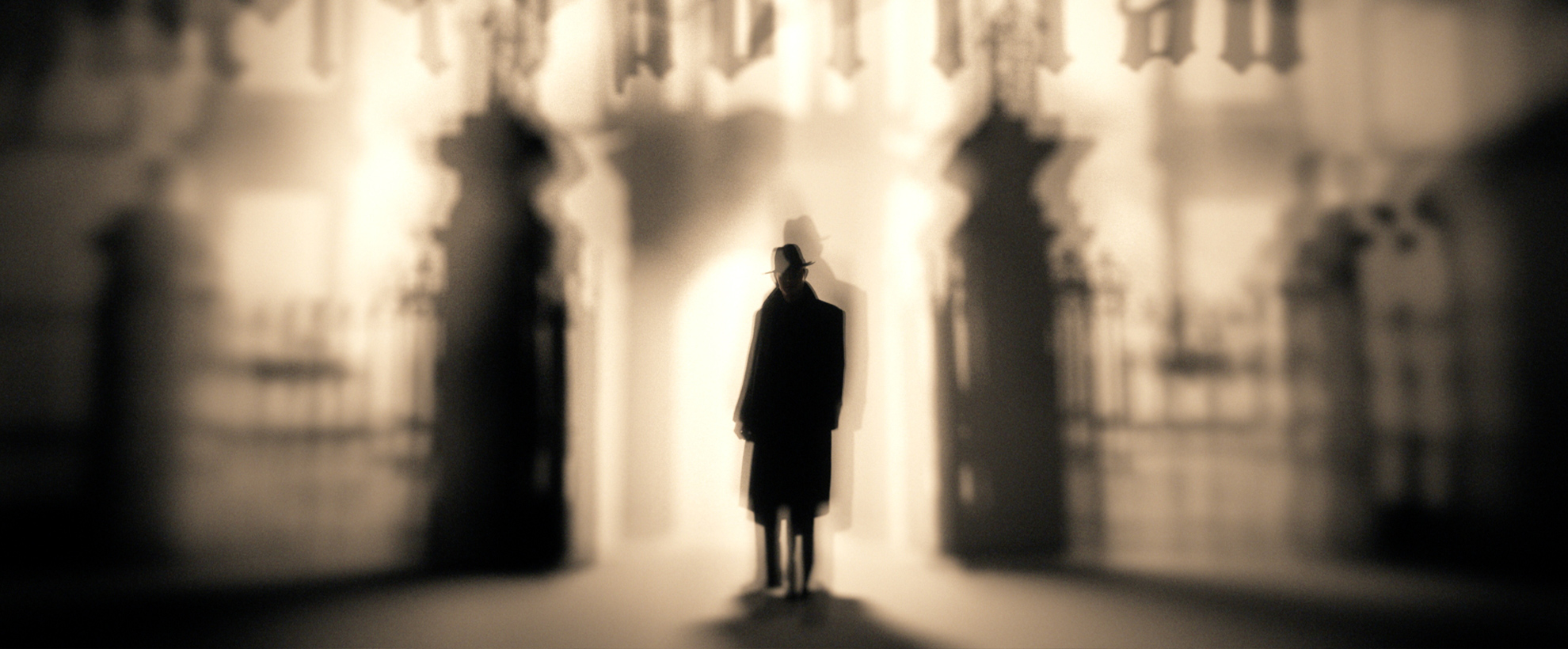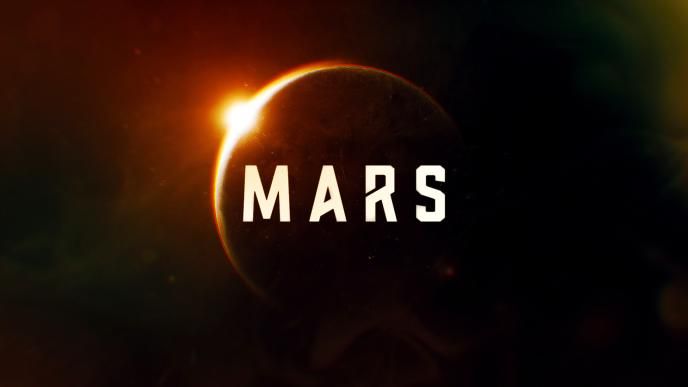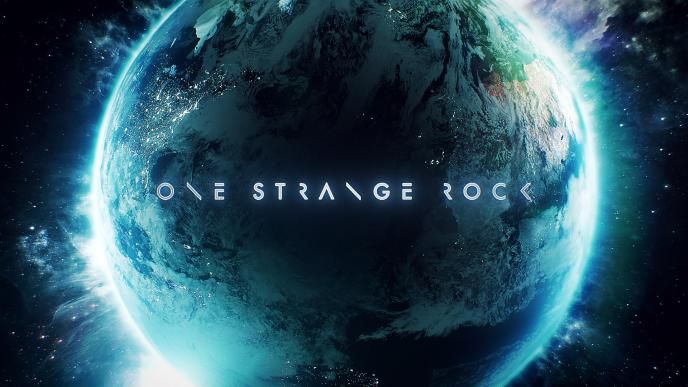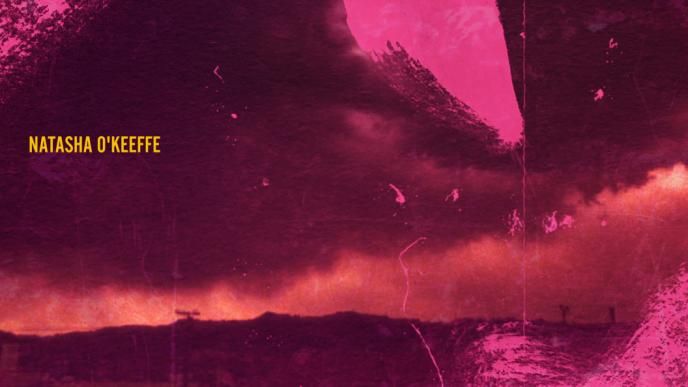
SS-GB Titles
Messages in the shadows: Framestore presents a twisting, turning title sequence for SS-GB, a major adaptation of Len Deighton’s 1978 alternate history novel, which premiered on BBC One in 2017.

The series - sneak peek of which was given at Berlinale on 14 February - is a complex thriller set in an SS-occupied London, in the early 1940s. Framestore’s William Bartlett worked alongside production company Sid Gentle Films and writers Neal Purvis and Robert Wade to direct and craft the series’ title sequence, drawing on his own significant experience with the medium to stylishly reference the many motives and allegiances at play in the show’s narrative.


Bartlett pitched several ideas to the team, at an early stage of production. Already familiar with Deighton’s novel, he wanted to give the story context, and reflect the ever-fluctuating suspicions and doubts of protagonist Douglas Archer, a lead detective at the SS-governed Scotland Yard.
The titles heavily reference the Battle of Britain, cut against iconic London skylines and German military insignia. Predominantly fashioned in sepia, the sequence is given a shot of vibrancy from inky, blood-red clouds, echoing the poppy fields modern viewers now associate with the portrayed war.

Characters are woven into the sequence in an abstract manner, veiled in silhouette form and inspired by shadow theatre. Bartlett was able to capture key cast members on green screen as the series was filmed, allowing for greater creative scope and control in post. The entire piece was completed in VRay renderer for Nuke.
The resulting sequence is a directorial triumph for Bartlett, whose multiple stints as VFX Supervisor on the iconic James Bond franchise movie titles alongside long time collaborator Daniel Kleinman no doubt influenced the task at hand. Indeed, SS-GB writers Neal and Robert had, too, previously worked on Bond, making for a creative reunion of sorts on set.
Says Bartlett, ‘Titles are a fascinating genre, incorporating a mix of design and direction, rhythm and pacing, all contained within tight parameters. Every element of the sequence needs to play its part in giving a glimpse of narrative, whilst weaving together an overall visual. SS-GB was a prime opportunity to present my own take on a sequence, working with a brilliant and collaborative cast and crew.’




